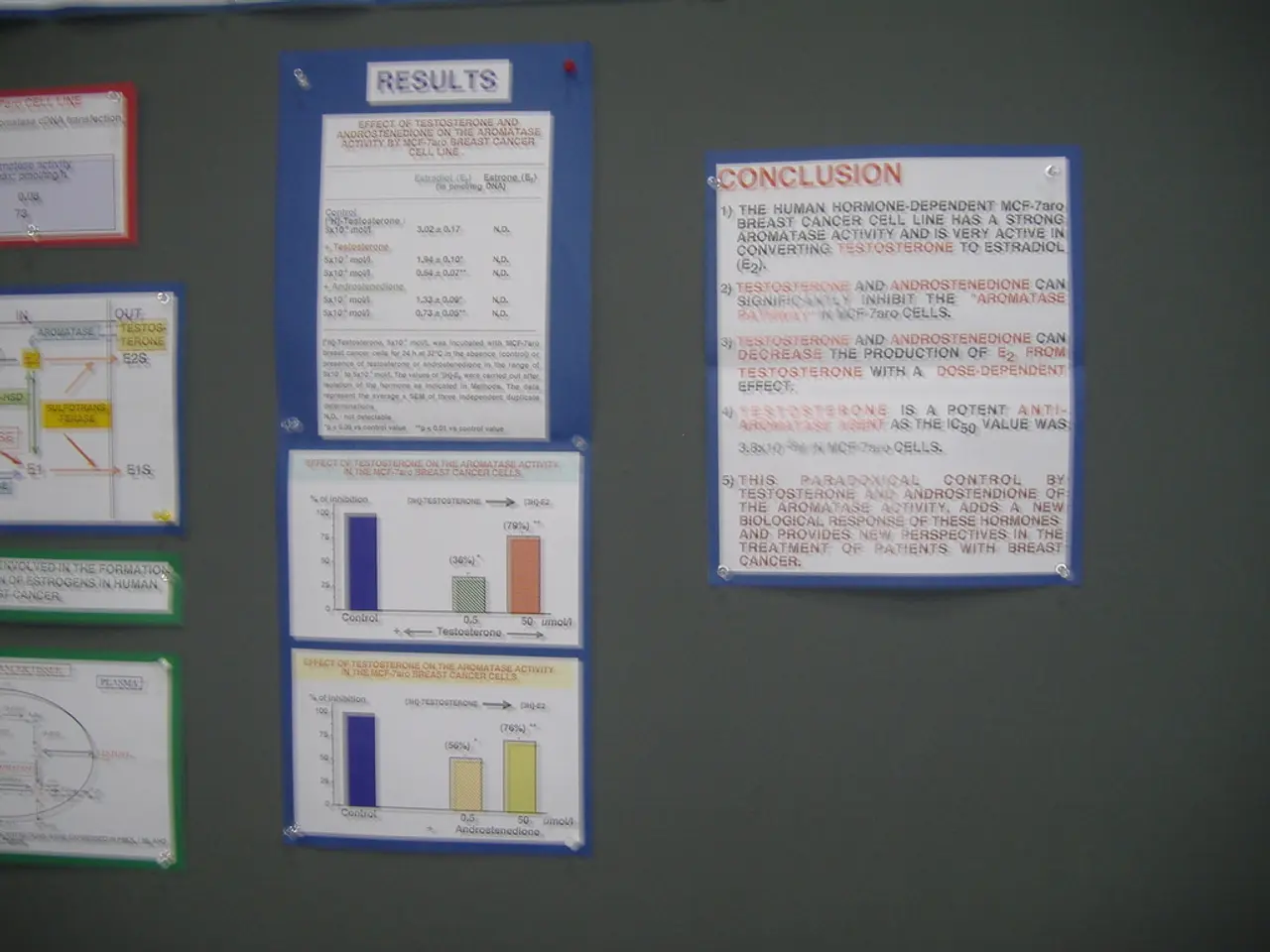Financial advisors to Finance Minister Klingbeil issue a caution against relaxing the debt limitation measure
In a significant development, the scientific advisory board at the Ministry of Finance has issued a warning against further easing of Germany's debt brake [1]. The advisory board's statement was released on Friday [2] and was directed towards Finance Minister Lars Klingbeil (SPD) [7].
The warning comes amidst the approval of billion-dollar loans and the scheduled completion of the debt brake commission's work by the end of the year [3]. The commission, established by the federal government, is tasked with developing proposals for reforming the debt brake [5].
The debate surrounding the reform of Germany's debt brake is centered around addressing a growing fiscal gap of about €172 billion projected through 2029 [4]. The reform aims to strike a balance between enabling investments, particularly in defense, infrastructure, and innovation, and ensuring long-term fiscal sustainability.
The Social Democratic Party (SPD), represented by Finance Minister Klingbeil, emphasizes investing in growth and social fairness. The SPD supports record-level investments, including raising spending on defense, transportation, housing, and social programs, while pursuing structural reforms to boost competitiveness and fairness. However, Klingbeil also stresses the need for a "strict budget consolidation" strategy involving cost cuts across government ministries and closing tax loopholes to handle the widening budget shortfall [3][4].
On the other hand, the Union parties, led by Chancellor Friedrich Merz, share concerns over the budget gap but take a somewhat stricter stance on fiscal discipline. Merz has slightly relaxed borrowing limits for defense and infrastructure but remains constrained by the debt brake for core government spending. His approach balances calls for spending cuts, including in unemployment benefits and subsidies, while promoting large-scale investment funds and doubled defense expenditures. Merz advocates for structural reforms and faster approval processes to stimulate business investment, pressing for fiscal prudence alongside growth initiatives [1][5].
Key differences between the SPD and Union in the debt brake reform debate include: - SPD prioritizes expansive investment and social spending with parallel efforts in budget consolidation through efficiency gains and tax enforcement. - Union is more focused on immediate spending cuts, stricter adherence to borrowing limits, and fostering private sector investment via deregulation and structural reforms.
The advisory board's warning pertains to the potential consequences of breaching EU guidelines on debt. The accumulation of disproportionately high debt could jeopardize the stability of the euro, according to the advisory board [6]. Members of the debt brake commission, including finance professor Thiess Büttner, former economist Volker Wieland, and Ifo President Clemens Fuest, share these concerns.
Both the coalition parties, SPD and Union, are thinking in completely different directions regarding the debt brake. The advisory board suggests using the planned debate on reforming the debt brake to improve its effectiveness [8]. The commission's work is scheduled to be completed by the end of the year [3], and a political consensus to reform the debt brake formally by 2026 is the ultimate goal for both parties [1]. They aim to navigate the trade-off between maintaining Germany’s fiscal rules and enabling flexibility for strategic investments amid economic headwinds [1][3].
References: [1] https://www.handelsblatt.com/politik/deutschland/koalitionsparteien-gehen-in-zukunft-differenzierter-weg-zur-schuldenbremse-an-20733368.html [2] https://www.tagesschau.de/inland/schuldenbremse-101.html [3] https://www.spiegel.de/politik/deutschland/koalition-will-schuldenbremse-reformieren-a-2423833.html [4] https://www.welt.de/politik/deutschland/article206580013/Schuldenbremse-Reform-Klingbeil-will-Kosten-sparen-und-investieren.html [5] https://www.faz.net/aktuell/wirtschaft/schuldenbremse-reform-koalition-will-ein-hochspannungskonflikt-um-die-schuldenbremse-vermeiden-17059428.html [6] https://www.sueddeutsche.de/wirtschaft/schuldenbremse-koalition-will-schuldenbremse-reformieren-1.5823600 [7] https://www.tagesspiegel.de/politik/spd-finanzminister-klingbeil-will-neue-schulden-nicht-mehr-konsumieren-101.html [8] https://www.welt.de/politik/deutschland/article206605005/Kabinettsmitglieder-wollen-Schuldenbremse-reformieren.html
The advisory board's warning on the potential consequences of breaching EU guidelines on debt highlights the importance of maintaining a balance between economic and social policy, finance, and business investments, to avoid jeopardizing the stability of the euro. The debate surrounding the reform of Germany's debt brake remains centered around striking a balance between enabling strategic investments, particularly in defense, infrastructure, and innovation, and ensuring long-term fiscal sustainability.




